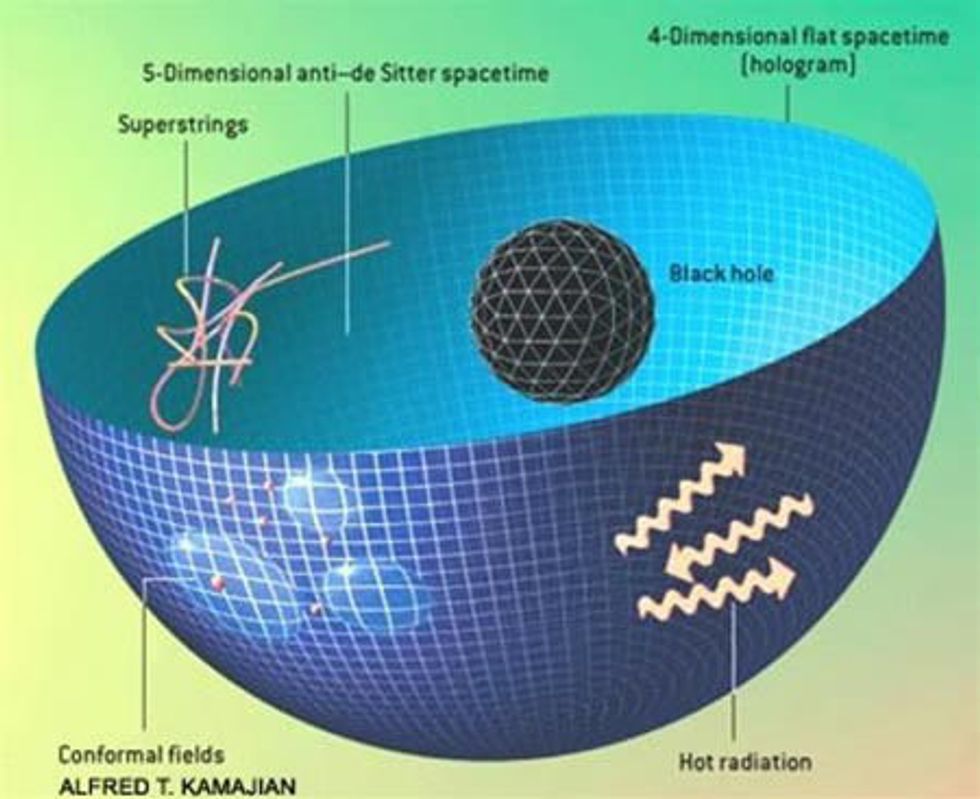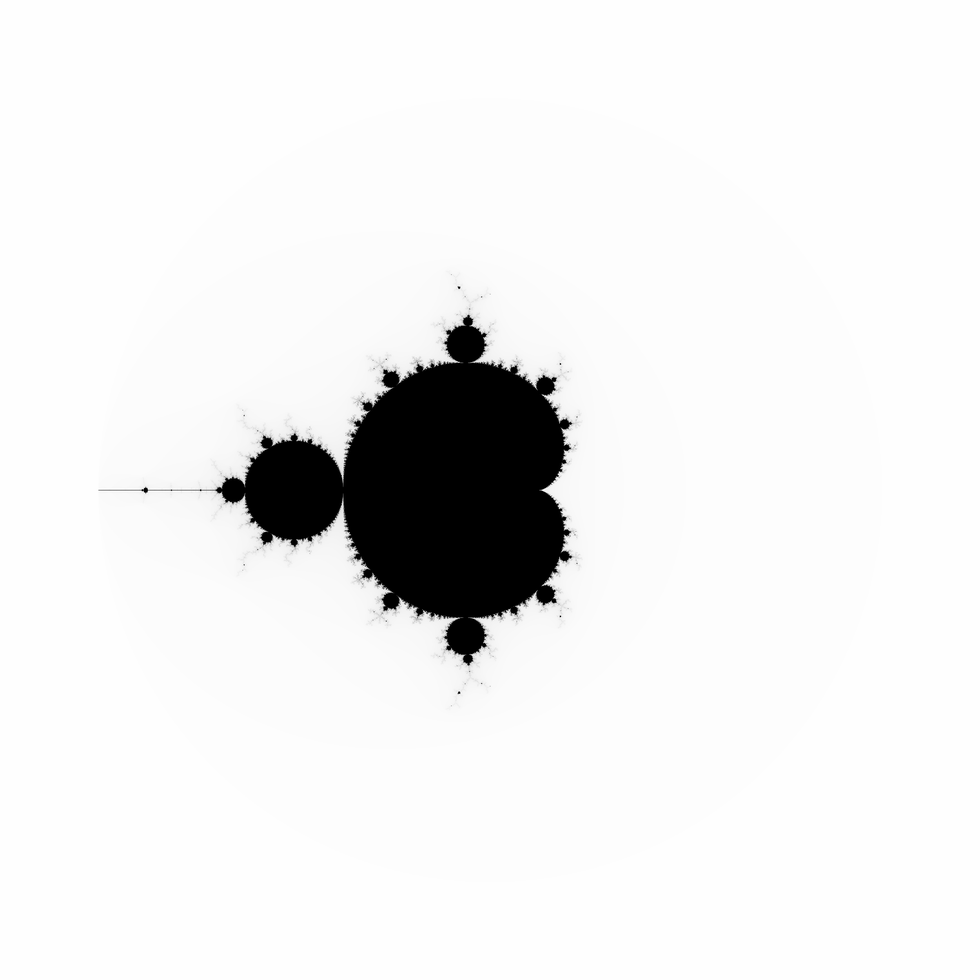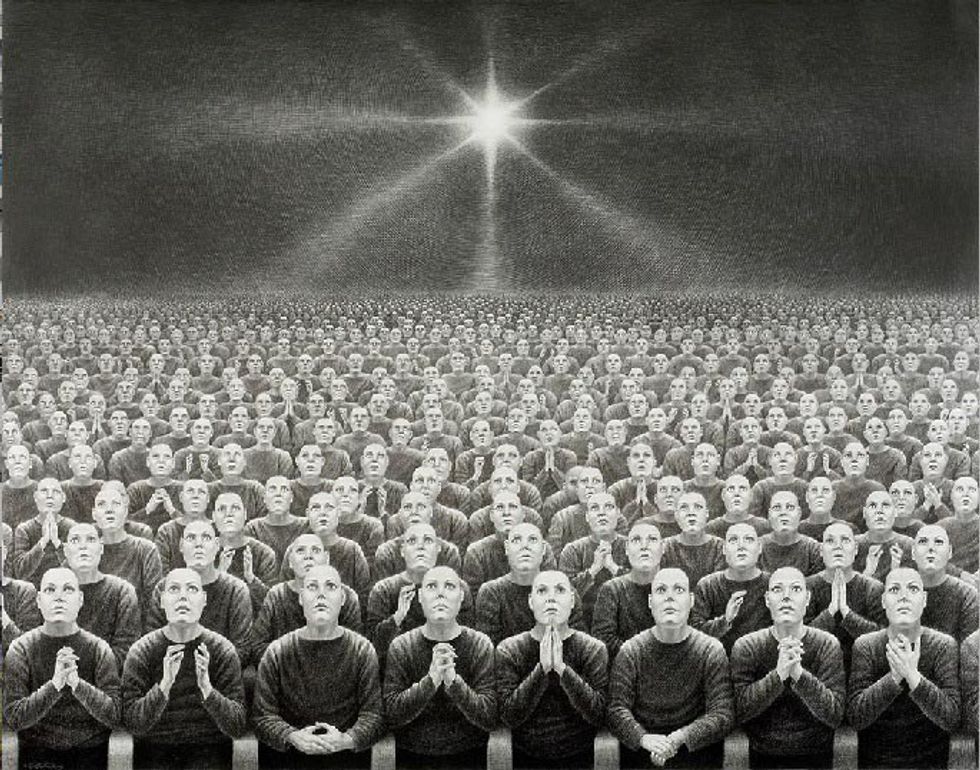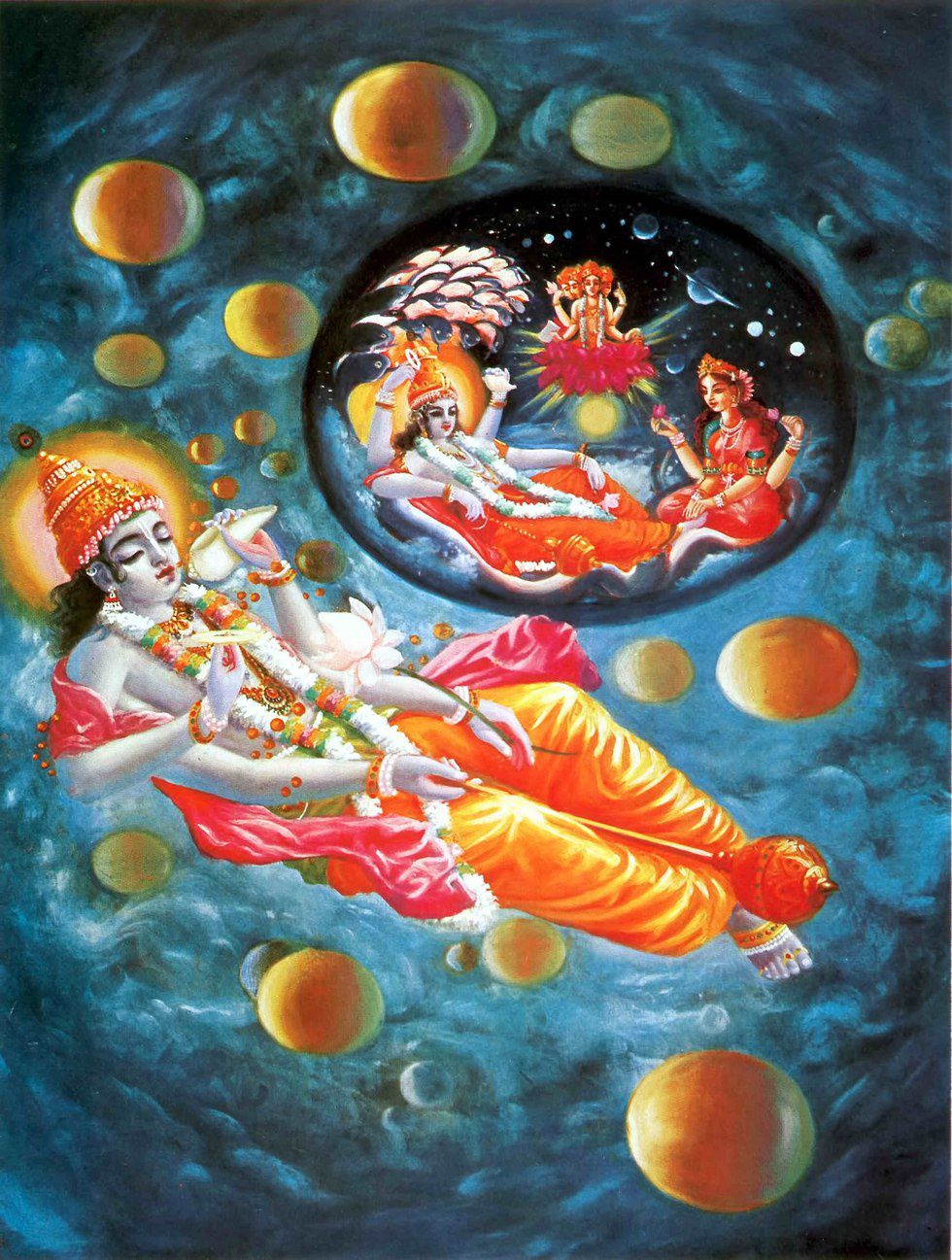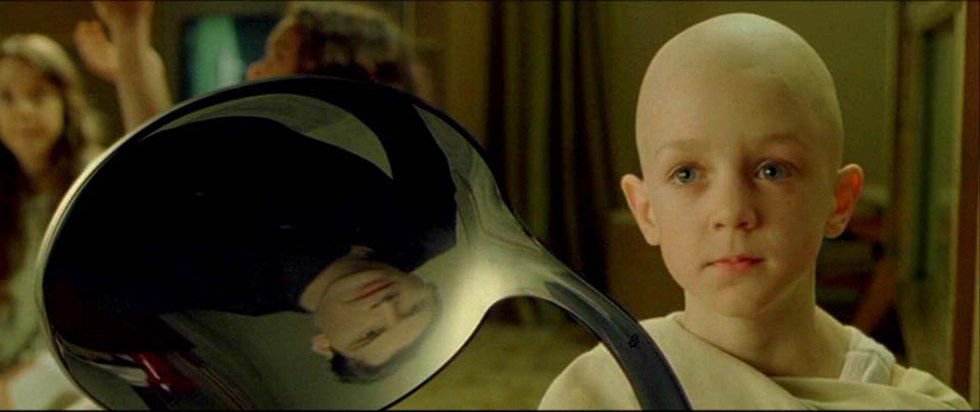We shall not cease from exploration
and the end of all our exploring
will be to arrive where we started
and know that place for the first time.
-T.S. Eliot, Little Gidding1
1. The Premise
reality (n.)
1. The world or the state of things as they actually exist, as opposed to an idealistic or notional idea of them
-Oxford Dictionary
Have you ever heard the adage a lesson is repeated until it's learned? Or felt like a period of your life or even week was like an "episode" where a specific moral or theme was being explored? Who can say where death will tick our life-time with it's mysterious presence and punctuate the end of all possible moments between our birth and it?
It should feel surreal though, I imagine, like walking backwards through a door, filled with memories of the room we'd been in instead of empty with the hopefulness we'd first walked in feeling.
Recently Elon Musk said that there is “a 1 in billions chance this is base-reality”2 at a Code Conference when taking questions from the audience.
Why is, if at all, this relevant, interesting, and worth considering more deeply?
Base reality is another word for an objective or absolute reality - that this world we are perceiving is the world as it is - as opposed to a mirage or illusion trickling down from some higher or truer reality. The simulation argument and hologram principle are the most recent additions to the scientific basis for such beliefs.
Hans Moravec first proposed the simulation argument in his Simulation, Consciousness, and Existence3 paper. Published in English in 1996 it states that a computer simulation could possibly project an intricate reality to conscious minds that are unaware of the ruse (see The Matrix). The hologram principle is a tenet of string theory proposed by G. t’Hooft in 1993 that states that the necessary information to comprise our reality can be contained in an extremely small space and projected like a hologram onto a greater space.4
(Have you ever thought that the Mandelbrot set looks like a Buddha sitting half-lotus?)
2. Nothing New Under the Sun
These ideas aren’t new at all, though it is within the last 30 years that scientific experimentation has “reached” these conclusions that have been cycling around the collective consciousness for at least 5,000 years. Again, we should remember that they are all theories or possible explanations for the way things are.
The comparison has been made between both of these theories to Plato’s Allegory of the Cave. If you don’t remember it, here are the spark notes.
Some people are chained in a cave against a wall, they can’t see eachother. In the cave there is a fire. The prisoners see shadows cast against the wall in front of them – the shadows are the forms they accept as true in their reality. One prisoner gets free, makes it outside the cave, sees the actual forms that were previously believed to be be the forms but were actually shadows, returns, is ridiculed for believing such a stupid thing.
The people represent us, conscious beings. The cave is the illusion we may possibly be in, the fire can represent the source code or original data later projected onto the walls. The freedom is a realization. The mocking prisoners represent people who live by the maxim “ignorance is bliss.”
Do Mario and Link know that they can't die? Does a fish know that if one breathes air they can live above water?
We accept the reality we are presented, basically.
3. Source Codes
Before Plato, the Vedic literature, specifically the Bhagavata Purana5 and Bhagavad Gita6, stated that this world is a façade of the original world reflected, refracted, and distorted in the Viraj river and is illusory. Vedic literature is considered apaurusheya – beyond human – as it was revealed directly to Brahma after intense meditation and penance on and by Krsna.
Spirituality that traces back to the East (Buddhism, Sikhism and Vaisnavism) embraces the existence of a soul and its transmigration from body to body (reincarnation) until one’s consciousness culminates at enlightenment (nirvana, samadhi, and bhakti, respectively) and their activities cease to be based on an illusory/material reality so they escape samsara (birth and death/attachment to this material world).
In Gaudiya Vaisnavism there are three purposes in existence: abhideya, samdandha, and prayojana.
- abhideya – understanding who we are and who the creator is.
- sambandha – understanding how these two (us and the creator) interact
- prayojana – establishing that relationship through practice.
Yukta, the root word in yoga, is the also the root of yoke, and in some way or other everyone practices it. Yoga is a process by which two things become connected, and it's what Vedic and all spiritual practices recommend as the means to freedom from the illusion of accepting this as base reality.
4. Synthesis/ Critical Thinking
If we were in a room with our backs against the wall looking a Rubik's cube placed in the center of the room certainly we'd see different colors on it though it'd invariably be the same Rubik's cube.
The same goes for reality, I think; though we perceive a limited portion of it's spectrum, we're all still looking at the same one.
Just because someone who speaks English calls it sky and someone who speaks Spanish calls it cielo doesn't mean one of them are wrong, it just means we have to understand that sometimes different words mean the same thing.
If we lend ourselves to marry both generally spiritual and scientific points of view in our minds, it’s necessary to translate the terms, but correlations are there.
Yoga or meditation is just focused concentration on something; physicists are practicing yoga too. It's called jñana (gnosis/knowledge) yoga in Sanskrit and as it implies, is the relationship to the world through understanding.
If the concept of god has been marred by the contemporary attitudes and activities of the religious in our minds, and we don't like the word can we consider it (god) as a coder or programmer of this reality? Is that okay?
Meditation or yoga then becomes synonymous with hacking the program we are participating in, since hacking essentially means to rewrite code.
It follows that in the same way a hidden truth like the Panama Papers or U.S. soldiers shooting civilians can be revealed through hacking, a hidden truth like peace in the hullabaloo can be had through meditating. Behavioral-cognitive psychology supports the idea that it’s possible to overcome conditioning by force of will and repetition. For example, someone who engages in abusive or co-dependent relationships because of unrequited love from their parents can, through introspection and awareness, better their self-esteem and instead seek out people that respect and treat them well. This is one example of conscious self reform. Those who’ve spent years taking drugs as a coping method and are now recovered or recovering addicts represent other examples of how it’s possible for individuals to re-wire themselves.
What’s interesting is that within the spiritual and scientific paradigms there is room for a superseding creator whose caused actions to be set into motion and a communion with its program in supernatural (if not at least uncommon) ways.
5. Conclusion
Who can speak with certainty regarding these things?
The point of this article is make an asterism of some ideas for fun. There's a lot being said and done and thought of and it's just exciting to be a part of it all.
I’ll leave you with Neo’s infamous closing remarks:
I didn’t come here to tell you how this is going to end. I came here to tell how it’s going to begin…Where we go from there is a choice I leave to you.7
Works Cited
- http://www.columbia.edu/itc/history/winter/w3206/edit/tseliotlittlegidding.html
- http://www.vox.com/2016/6/2/11837608/elon-musk-simulation-argument
- http://www.heise.de/tp/artikel/6/6037/1.html
- http://www.damtp.cam.ac.uk/research/gr/public/holo/
- http://www.vedabase.com/en/sb/2/5/22
- http://www.vedabase.com/en/bg/15
- http://www.imdb.com/title/tt0133093/quotes




